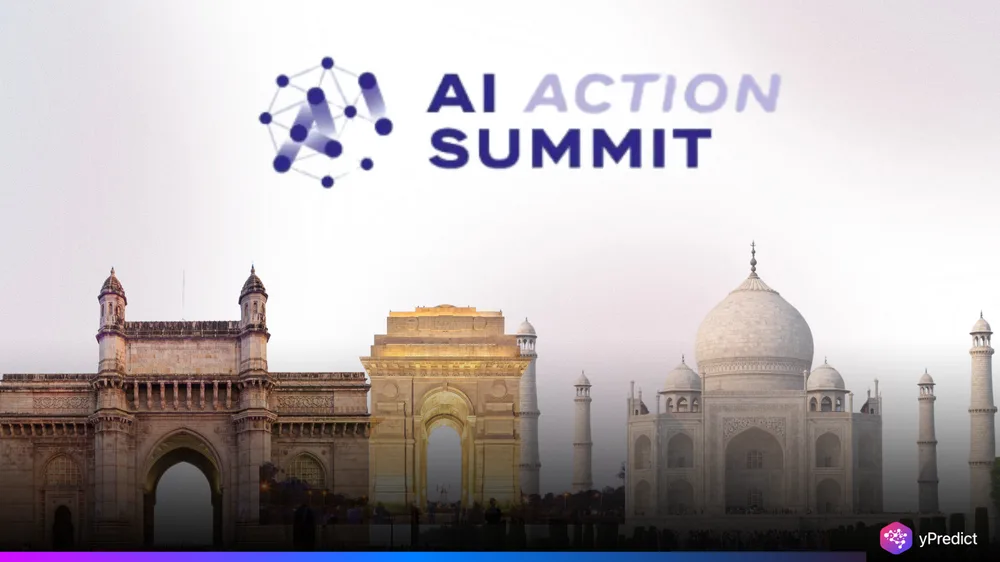
As India readies to host the forthcoming AI Action Summit, the world will be watching to see if it can put forward a bold new idea for global AI governance that prioritizes transparency, inclusivity, and safety rather than unchecked innovation or authoritarianism.
With the Government of India (GoI) seeking public comments until June 30, the summit aims to connect the needs and wants of the global majority, particularly those countries that have historically been underrepresented in AI policymaking.
Navigating the Global AI Policy Divide
This summit will take place amid a global divide on the regulation of AI. The U.S. encourages a pro-innovation approach, including 10-year bans on state-level AI laws, the EU is approaching it through the lens of safety with the EU AI Act, and China is implementing centralized, state-led control.
India is situated between these extremes and is ideally positioned to create a middle ground that balances open and innovative approaches to AI while also preserving the public interest.
A New AI Development Model
India has made clear it opposes a future where a handful of companies in the US and China dominate AI. However, the solution isn’t unregulated openness either.
Instead, experts from Access Now, including Namrata Maheshwari and Daniel Leufer, advocate for a “truly open” approach where models are transparent and independently testable, enabling innovation while preventing abuse.
India’s AI Safety Institute (ASI) is expected to play a key role in ensuring that openness doesn’t mean vulnerability, and that powerful foundation models are used responsibly and equitably.
Building Safe, Trusted AI Through Institutional Governance
India’s AI policy framework, under the IndiaAI mission, prioritizes “Safe and Trusted AI” through measures like bias mitigation, privacy protection, and independent governance testing. The upcoming AI Safety Institute (ASI) is expected to monitor high-impact systems, particularly in public services, to ensure they’re secure, fair, and reliable. This approach aligns with Europe’s emphasis on human rights impact assessments and public AI registries, designed to avoid algorithmic failures like the Netherlands’ child benefit scandal.
A Call for Global Majority Leadership in AI
India’s AI summit goes beyond domestic policy; it offers a chance to rally the Global South. Many nations in Asia, Africa, and Latin America face the impact of untested foreign AI tools without having a say in global norms. India can lead by pushing for a collective roadmap that promotes open yet accountable AI models, inclusive governance, regional autonomy in deployment, and cross-border cooperation to ensure safety and fairness.
Conclusion
The AI Action Summit gives India a chance to rewrite the rules of the AI game, and if India wins, it will give smaller nations a seat at the table, support fairer innovation, and stand for human rights all over the world. With the center of the world’s gaze turning east, India’s influence might be vital to make sure that the benefits of artificial intelligence accrue to all.






